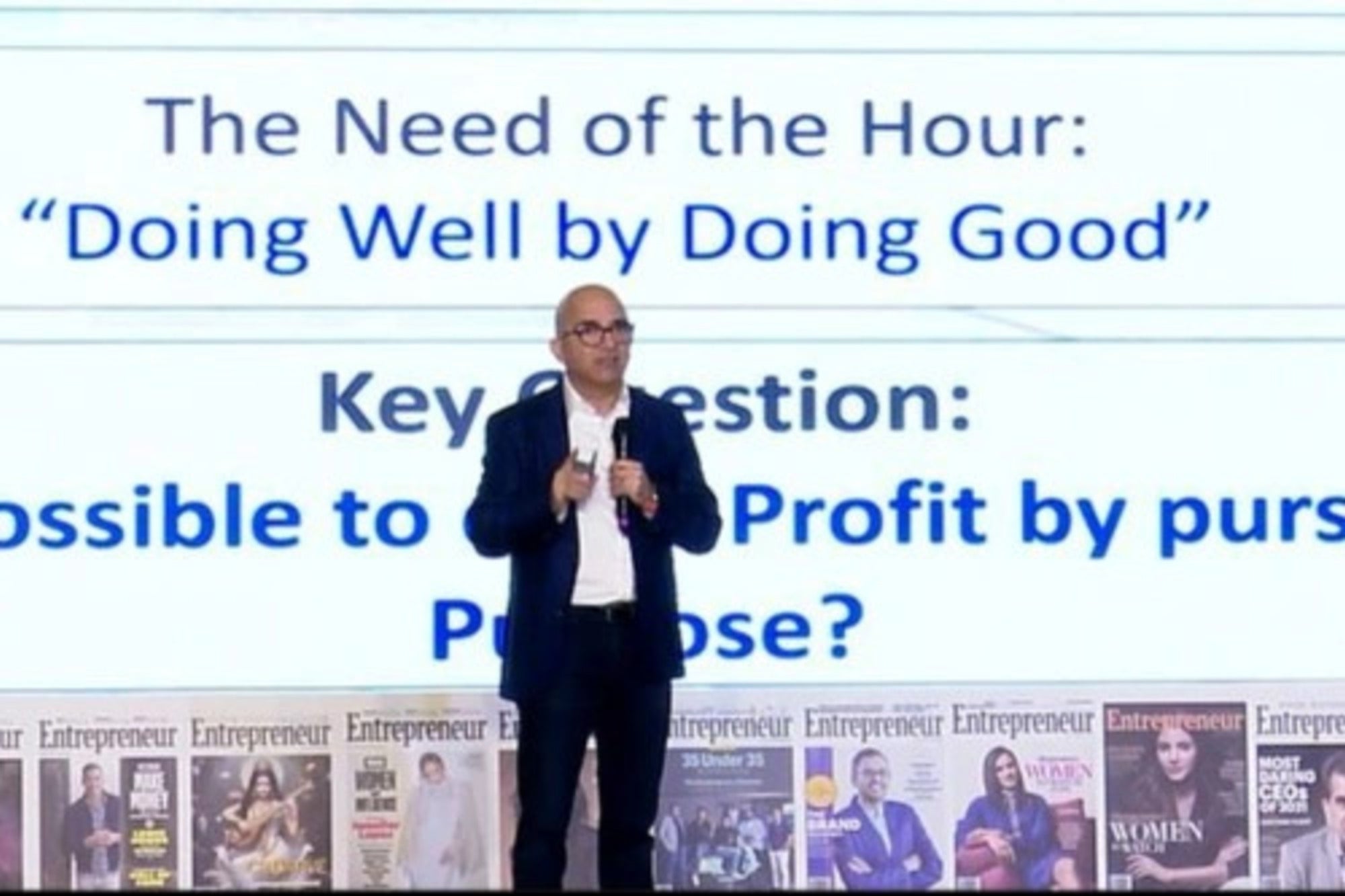After Spotify, Another Music Giant is Preparing for IPO in US Stock Exchange In an announcement at Hong Kong stock exchange, the Chinese internet giant Tencent said the terms of the proposed spin-off, including offering size, price range and other details are yet to be finalized
Opinions expressed by Entrepreneur contributors are their own.
You're reading Entrepreneur Asia Pacific, an international franchise of Entrepreneur Media.

After the successful Initial Public Offering (IPO) of global music giant Spotify, now the Chinese internet giant Tencent is planning to make its entry in the US stock exchange. With its majority-owned brand, Tencent Music Entertainment, the Chinese giant made an announcement of going public in the Hong Kong stock exchange on Monday.
In a statement issued on Sunday through the HK stock exchange, Tencent said the terms of the proposed spin-off, including offering size, price range and other details are yet to be finalized. The company added that details will be made "as and when appropriate."
The global internet giant provides services in music, social networking, e-commerce, mobile games, booking services and smartphones. While Spotify had debuted in US stock exchange in April, Tencent's announcement for IPO in the US market envisions an interesting battle between the two music streaming giants.
Is this a Good Sign for Music Streaming Market?
With two global giants going for IPO can be predicted as a good sign for the music streaming market despite the battles of piracy and other legal issues faced by the companies. With the increasing smartphone penetration, and more and more listeners opting for music apps, the music streaming market is growing at a remarkable pace.
According to the calculations by Thomson Reuters publication IFR, Spotify owns about 9 per cent in Tencent Music, whereas Chinese giant, Tencent owns 7 per cent in global music giant Spotify. As per reports, Tencent Music will offer worth up to USD 4 billion to public.
According to the Thomson Reuters report, US listing may be a blow to Hong Kong's ambitions of getting all the tech companies on the city's bourse, but it still has many restrictions in terms of corporate entities to take benefit from weighted voting rights.
A few days before Chinese smartphone maker, Xiaomi also debuted on Hong Kong stock exchange and raised USD 4.72 billion in its IPO. But the recent drop on its first day of trading to 6 per cent marked a flop move by the company.
According to reports, the slump in the prices were caused by an escalating trade was between China and US.













